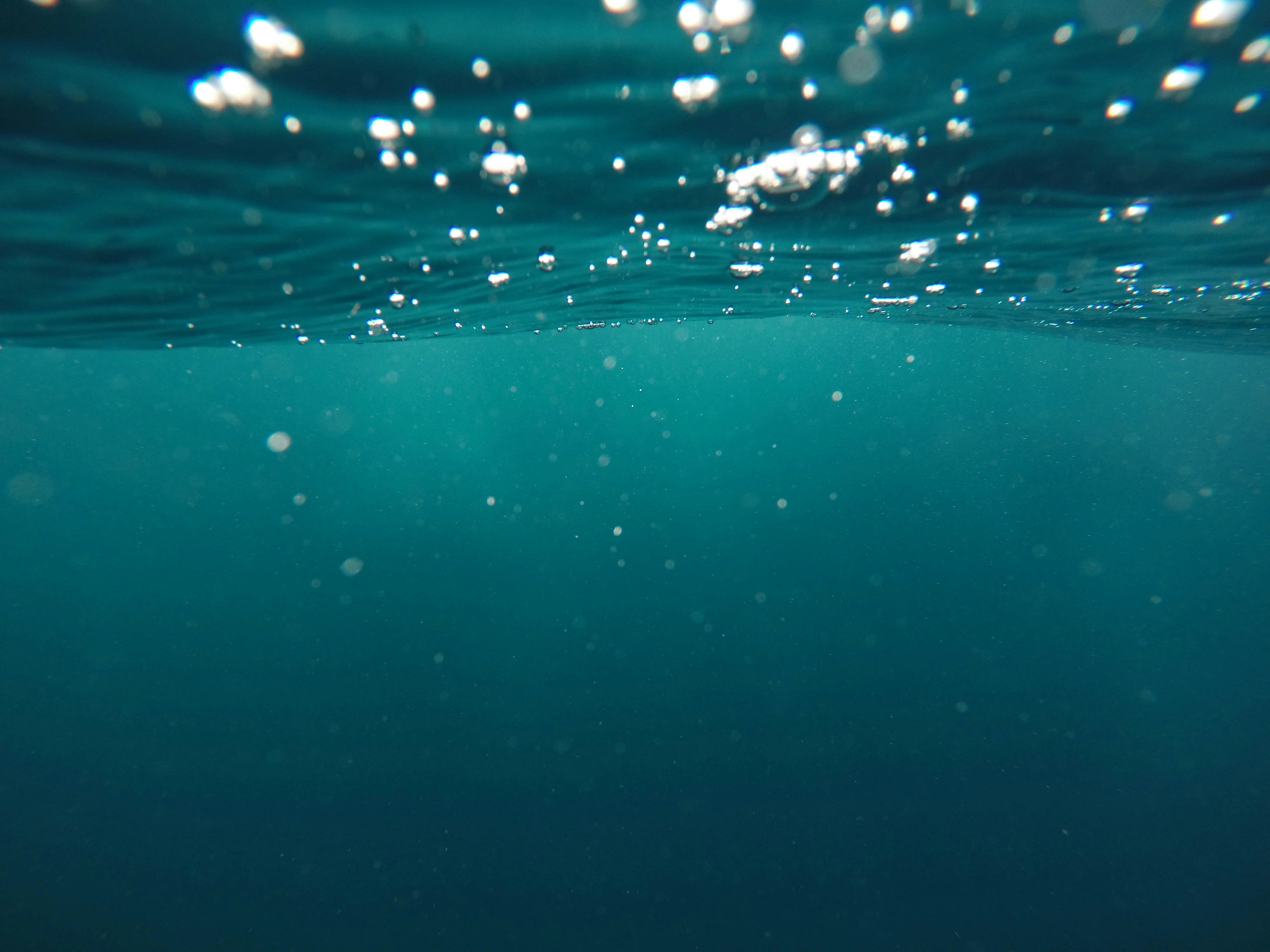Quand le Peuple se fait eau
Usages scientifiques, littéraires et politiques des métaphores aquatiques dans les discours démocratiques
Abstract
Nous nous intéressons aux métaphores aquatiques qui organisent l’action politique. Nous traitons ici de la métaphore : LE PEUPLE EST EAU. Quand cette métaphore est-elle apparue ? Comment a-t-elle été répandue ? Qu’est-ce que signifie cette caractérisation des qualités de la population à partir de celles de l’eau ? Nous nous basons sur un corpus de textes politiques et de sciences sociales et d’articles de presse récents. Nous proposons une généalogie de ce rapprochement depuis le début du XIXe siècle, de la formation de la classe ouvrière à l’intérêt croissant pour les populations migrantes. Nous cherchons à identifier la diffusion de cette association entre l’élément aquatique et les représentations politiques de la population dans le monde contemporain concernant les comportements électoraux et dans les politiques publiques. Nous évoquons enfin des pistes de subversion de la métaphore.




